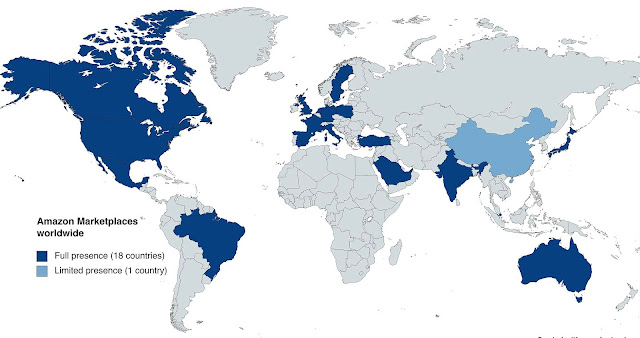United States of America (USA) remained the top export destinations of the Pakistani products during the first ten months of financial year (2020-21), followed by United Kingdom (UK) and China.
Total exports to the USA during July-April (2020-21) were recorded at US $ 4019.722 million against the exports of US $ 3368.090 million during July-April (2019-20), showing growth of 19.34 percent, according to State Bank of Pakistan (SBP).
This was followed by UK, wherein Pakistan exported goods worth US $ 1691.314 million against the exports of US $ 1386.999 million last year, showing an increase of 21.94 percent.
China was the at third top export destination, where Pakistan exported goods worth US $ 1640.629 million during the months under review against the exports of US $1411.004 million during last year, showing growth of 16.27 percent, SBP data revealed.
Among other countries, Pakistani exports to Germany stood at US $ 1245.122 million against US $1116.232 million during last year, showing increase of 11.54 percent while the exports to UAE were recorded at US $ 1215.939 million against US $ 1377.287 million last year, the data revealed.
During July-April (2020-21), the exports to Holland were recorded at US $922.819 million against US $850.421 million whereas the exports to Afghanistan stood at US $ 828.727 million against US $809.685 million.
Pakistan’s exports to Italy were recorded at $629.917 million against the exports of US $ 642.617 million while the exports to Spain were recorded at US $ 668.773 million against US $751.606 million last year.
The exports to Bangladesh stood at US $497.396 million against US $ 599.658 million.
Similarly, the exports to France during the months under review were recorded at US $ 361.699 million against US $ 358.620 million while the exports to Saudi Arabia stood at US $ 401.643 million against US $ 388.610 million.
Pakistan’s exports to Turkey were recorded at US $218.069 million during the current year compared to US $240.196 million last year whereas the exports to Canada stood at US $253.928 million against US $ 231.242 million, to Poland US $ 247.839 million against US $ 218.654 million whereas the exports to Australia stood at US $ 216.939 million during the current year against US $ 170.321 million during last year.
Overall Pakistan’s exports to other countries witnessed growth of 6.54 percent in ten months, from $19.703 billion to $20.992 billion, the SBP data showed.

You need to be a member of PakAlumni Worldwide: The Global Social Network to add comments!
Join PakAlumni Worldwide: The Global Social Network